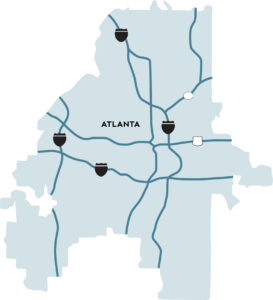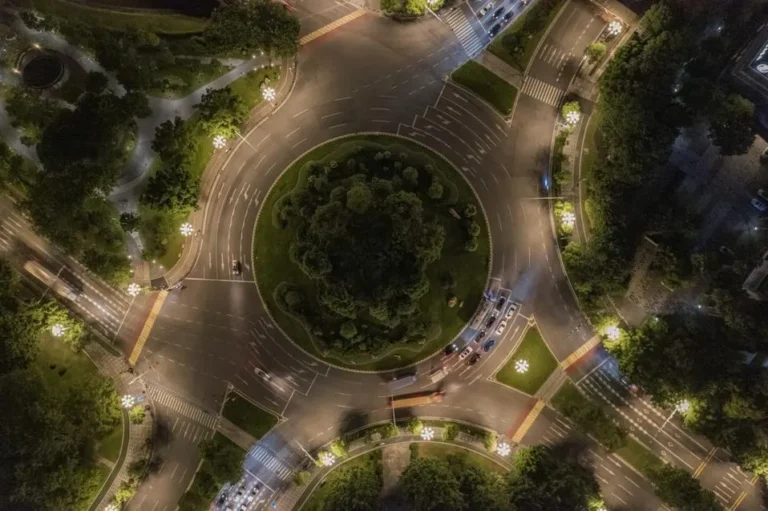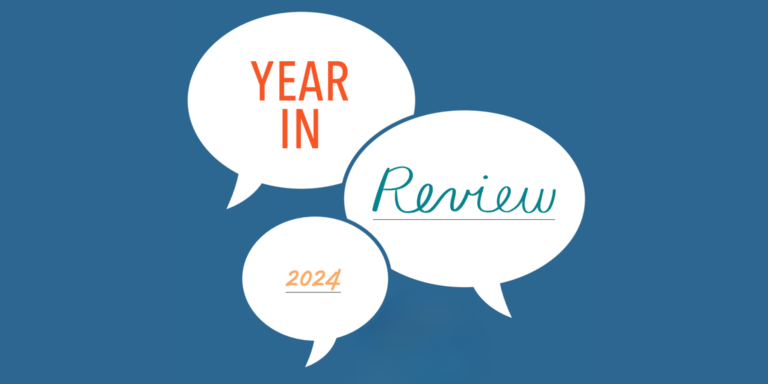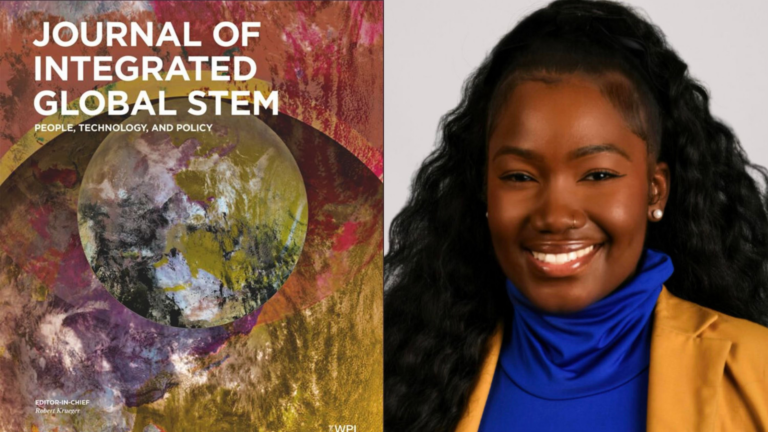
A year in, we reflect on our partnership in Atlanta and consider what comes next
In the summer of 2022, we announced a roadmap to community-centric grantmaking in Atlanta. Our approach in Atlanta marked a departure from our typical strategy of investing in powerful ideas and people, regardless of where they were located. We saw a “place-based” approach as more than simply working in a particular locale. Rather, it was an opportunity to build and strengthen partnerships and to convene stakeholders who aren’t typically in the room together. Working with other funders, our job was not to transform the place, but to provide the conditions, support, and relationships necessary for the community to launch its own transformation.
At Siegel Family Endowment we take an inquiry-based approach, beginning with questions rather than solutions. Our work in Atlanta began with three critical questions: How could a place-based approach help the community to co-create holistic solutions to thorny challenges? Could a foundation based outside of Atlanta play a convening role that would help elevate, amplify, and unify impactful work that local organizations were already developing? In what ways could a place-based investment strategy unlock further investment and strategy opportunities for Atlanta and for other communities?
Over the last year, we’ve wrestled with these questions through our support of a partnership between Reimagine America’s Schools (RAS), the principal program of the National Design Alliance; Atlanta Public Schools (APS); and the City of Atlanta. Centered on the Douglass Cluster, an APS attendance zone, the project is a deep exploration of education-centered community reinvestment, a concept that we explore more fully in the executive summary of a forthcoming case study.
This week, Joshua Elder, Vice President and Head of Grantmaking at Siegel Family Endowment, will co-host an interactive learning session at the Grantmakers for Education conference with Atlanta-based partners from philanthropy, APS, the City of Atlanta, and the local community. We will also host a dinner at the conference for local funders, to whom we first introduced the Douglass Cluster work one year ago. At the dinner we’ll provide an update on the project and discuss how we can work together to further the work. For those who are not attending the conference or dinner, we share five lessons for funders from our ongoing work in Atlanta.
Lesson 1: It’s challenging to develop a new regional philanthropic strategy, but partnerships, introductions from local leaders, and a strong “why” help.
We went into our work in Atlanta knowing that our success hinged on strong partnerships with local organizations, funders, schools, and governmental entities. As a national funder based in New York City, we were not members of the Atlanta community. At the same time, we had deep relationships with those in the community through our investments in Constellations Center for Equity in Computing and Passport Atlanta. Those grantees connected us to leaders at APS, the City of Atlanta, local funders, and other important partners in this work. The backing of organizations that were well-respected in the community expedited the process of gaining trust, and resulted in honest feedback from the field about how we could be most impactful.
Atlanta is also a place that we’re specifically interested in. The city is a fast-growing tech hub, and we saw an opportunity to help ensure that growth could be equitable for all. That was our “why” in pursuing our work in Atlanta. Many of our previous and current grantees—including ICA Fund, Braven, and the Center on Rural Innovation—have deep expertise in developing equitable tech ecosystems, and we’re confident that findings from work elsewhere in the country could be applicable locally. This strong sense of purpose, an understanding of the perils and opportunities connected with tech-based growth in other regionally specific contexts, and connections to respected local partners have helped mitigate the challenge of working in a new region.
Lesson 2: When partnerships are structured thoughtfully, philanthropy can serve as risk capital to seed further investments from government and industry.
Our work in Atlanta offers a test case for our belief that philanthropy plays an important role as society’s risk capital, providing critical R&D investment for the social sector. Philanthropy is uniquely positioned to invest in initiatives that government or industry may be understandably reluctant to commit resources to. These projects may employ approaches that are not yet proven. They may be built on new relationships and partnerships. Or they may require new systems or structures.
In Atlanta, we’ve partnered with a wide range of stakeholders—crucially including governmental and school leaders—who are well positioned to transform the Douglass Cluster “proof-of-concept” into an enduring model. We expect that our future investments and partnership in Atlanta can be leveraged to unlock substantial investments outside of the philanthropic community. That process will require time and energy, and is not without challenges. Even so, without philanthropic support, there would be few avenues toward introducing a cross-functional, cross-sector community initiative focused on a single neighborhood.
Lesson 3: Community-driven reinvestment cuts across traditional funder portfolio areas. It’s important for funders to develop structures to work across those silos.
In our Schools as Community Infrastructure whitepaper, we argue that students and communities thrive when we adopt a multidimensional view of the school. Holistic solutions are needed if we are to address complex challenges. That’s an approach that applies to RAS’s work in the Douglass Cluster neighborhood of Atlanta. The work was centered on schools, but its ultimate success depends on buy-in and resources from a host of agencies and organizations. That’s because education, economic development, workforce development, poverty alleviation, transportation, and housing are intertwined.
Community members who participated in the Douglass Cluster work recognized the need for holistic solutions. They ultimately suggested six cross-cutting recommendation areas: community learning centers; early childhood education programs; extended learning opportunities; transportation and access; healthy food options; and investment in a STEM pipeline. Funders can elevate and honor such community-driven proposals by developing structures and the capacity to work between traditional funding areas, recognizing that solutions often come from the intersections between those portfolios.
Lesson 4: Funders can empower community voice, but it’s a delicate process that takes time, commitment, and buy-in and trust from local organizations and residents.
RAS’s model of education-centered community reinvestment gives voice to stakeholders across a community. In the Douglass Cluster work, those stakeholders included school leaders, teachers, students, families, city leaders, school district leaders, nonprofit leaders, and neighborhood residents. All told, the project involved 26 engagements, 215 participants, and 82 unique voices. As funders, we supported the process, rather than dictating the solution. We believe that place-based funding should elevate the voices of the local community.
RAS’s work in the Douglass Cluster is an important start to building buy-in and trust among and between local stakeholders. Yet there is much more work to be done. Community members who contributed to the design-thinking process must see their recommendations valued and pursued. They must be included as implementation plans develop. They must see incremental progress. They must have opportunities to hold their leaders accountable. In other words, relationships, community voice, and trust can’t end when a community workshop ends.
Lesson 5: Figuring out how philanthropy can best support government, community organizations, and proximate leaders in continuing the work is vitally important.
Like all funders, we want to set up our grantees for future success. In many cases, that involves figuring out how a successful initiative can grow beyond our initial seed funding to establish proof-of-concept, or how it can be adopted and shaped by local stakeholders rather than funders. We also want to make sure that the initiative has the support necessary to thrive in the long-term. We want to support processes that lead to transformative change, not push specific programs on the community.
We have many questions that will drive the next phase of work in Atlanta: Are the priorities identified through the RAS-led project the ones that resonate with partners? What existing city, school, and nonprofit-driven initiatives are already addressing these priorities? What resources are still needed? What role can funders play in elevating local voices? We are excited to host a series of convenings in Atlanta to discuss these questions with stakeholders and develop the answers together.
What’s Next?
In the months and years to come, we hope to build on the RAS-led work in the Douglass Cluster by convening key stakeholders and encouraging conversations about how to further the work. As a first step, we are releasing an executive summary of a forthcoming case study about the work to-date, and we expect to share more as work continues.
In addition, we expect to continue funding projects in Atlanta where we have expertise and deep connections, or in areas where we’ve observed a hole in local funding. And we plan to continue to build connections in the local funding community. The dinner for Atlanta-based funders at the Grantmakers for Education conference will be an important milestone in this funder coordination work. Our inquiry-driven approach begins with questions, and we adapt and evolve strategy based on the evidence that we collect. That evidence includes what we are hearing and learning from the field. We invite you to share your questions, examples, insights, and thoughts about place-based funding and our work in Atlanta. If you’d like to get in touch with us, please contact us here.





